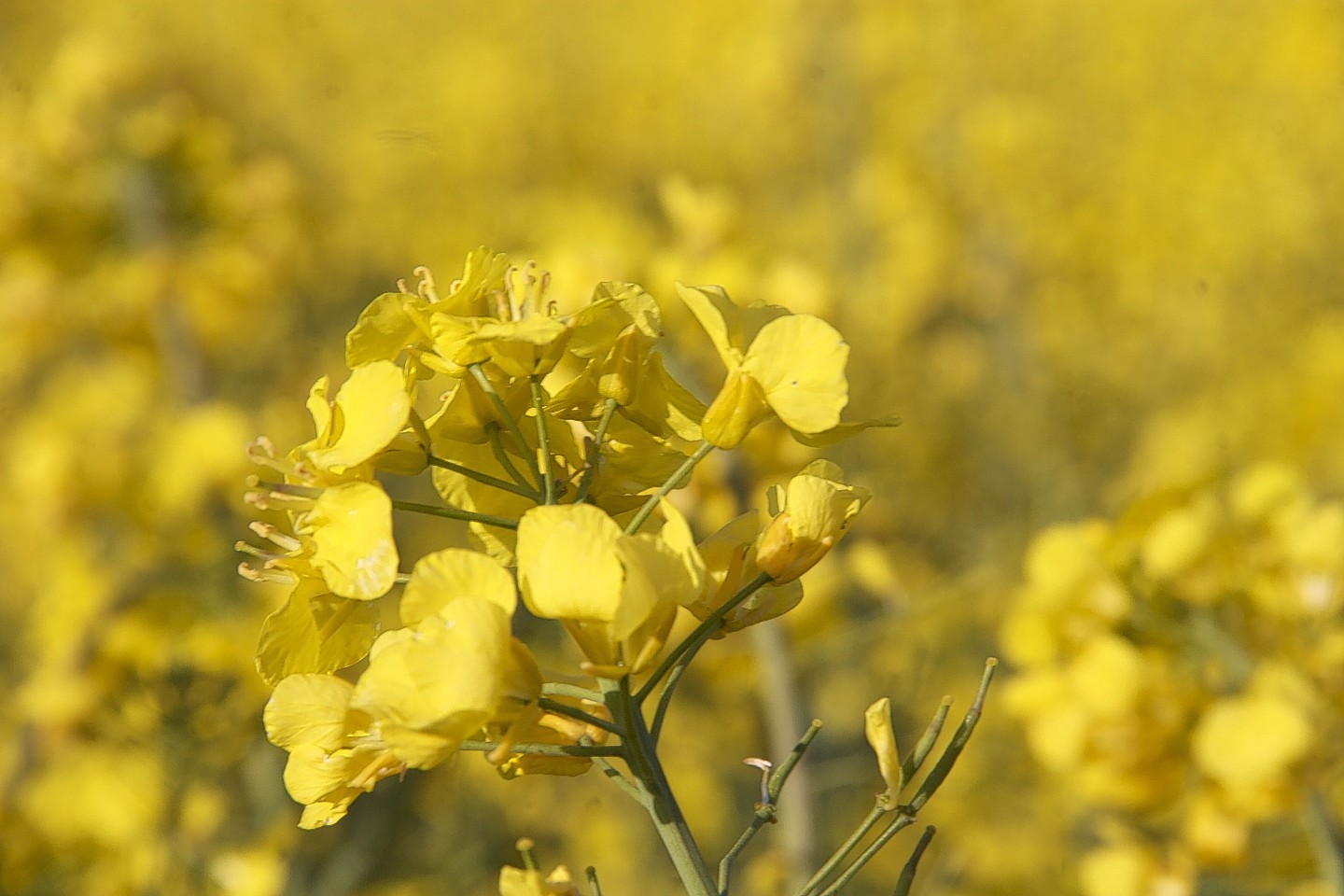More than a third of Scottish arable farmers say the ban on neonicotinoids has resulted in greater damage to oilseed rape crops.
Growers are currently unable to use neonicotinoids, which are normally present on seed dressings for oilseed rape, due to concerns they are harmful to bees.
A Scottish Government survey about the impact of the restrictions on Scottish winter oilseed rape crops (WOSR) revealed that although damage to crops during 2016 was minimal, more than a third of growers felt the lack of the seed dressing had led to greater crop damage.
A report published following the survey said: “A small proportion of growers stated that the restrictions will reduce the likelihood of their growing WOSR in future. However, other growers appear to be relatively unaffected and it is clear that the impact of the restrictions is less severe in Scotland than in other regions of the UK.”
It said Scottish growers were less affected by the neonicotinoids ban than their counterparts south of the border due to lower pest pressure and resistance levels to the approved foliar insecticides available.
“In the interim, it appears that Scottish growers can, on the whole, continue to successfully cultivate WOSR during the moratorium on neonicotinoid use,” added the report.
“At a UK level, new research and guidance about alternative control strategies is being formulated. This will determine which actions are best adopted in future integrated pest management strategies for oilseed rape.”
A Scottish Government spokesman said: “The Scottish Government recognises the important role of distillery by-products such as draff and pot ale as a high-quality livestock feed. Through our Energy Strategy and bioenergy action plan we will balance feedstock uses with the benefits from their potential uses in renewable energy.
“We are working with the Scottish Tenant Farmers’ Association to commission research into the use of distillery by-products use for renewable energy, and we expect a final report in the summer.”
